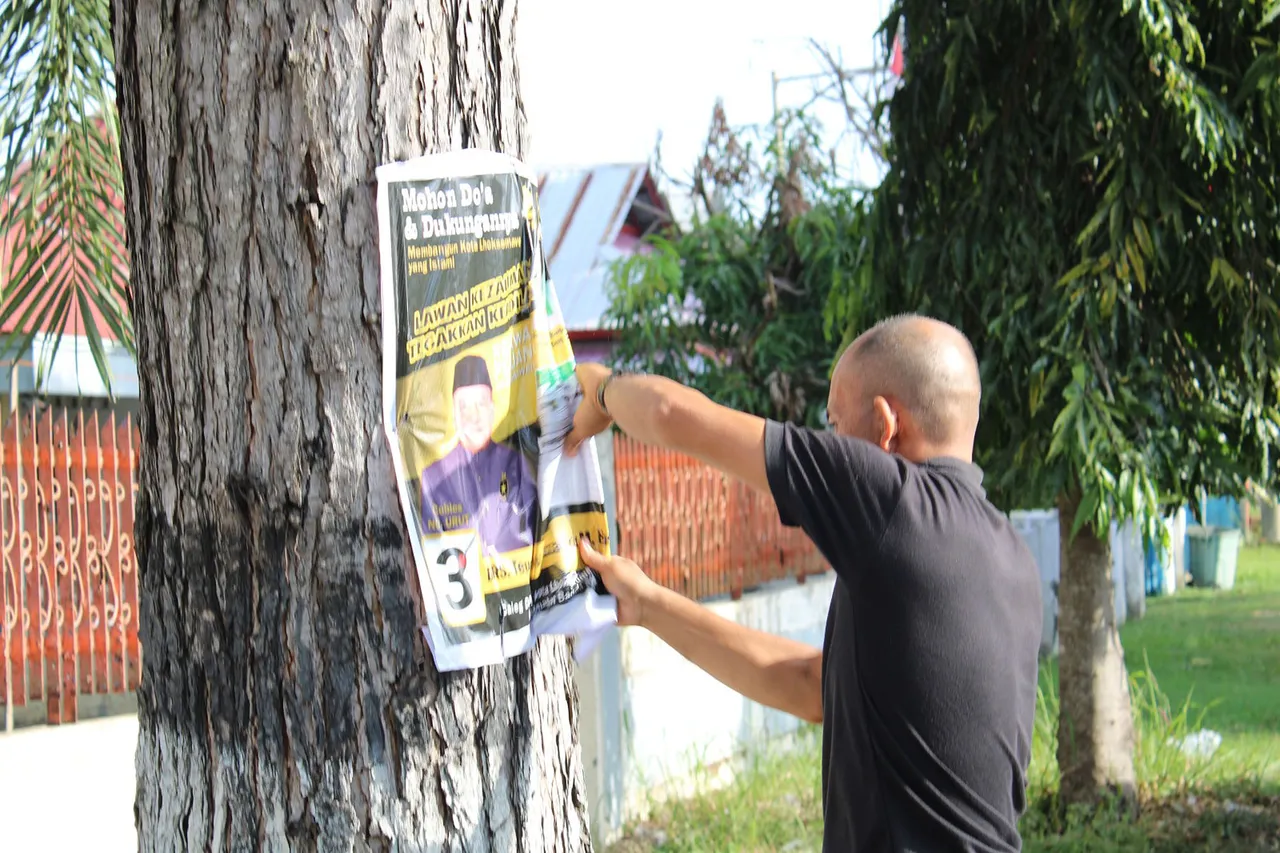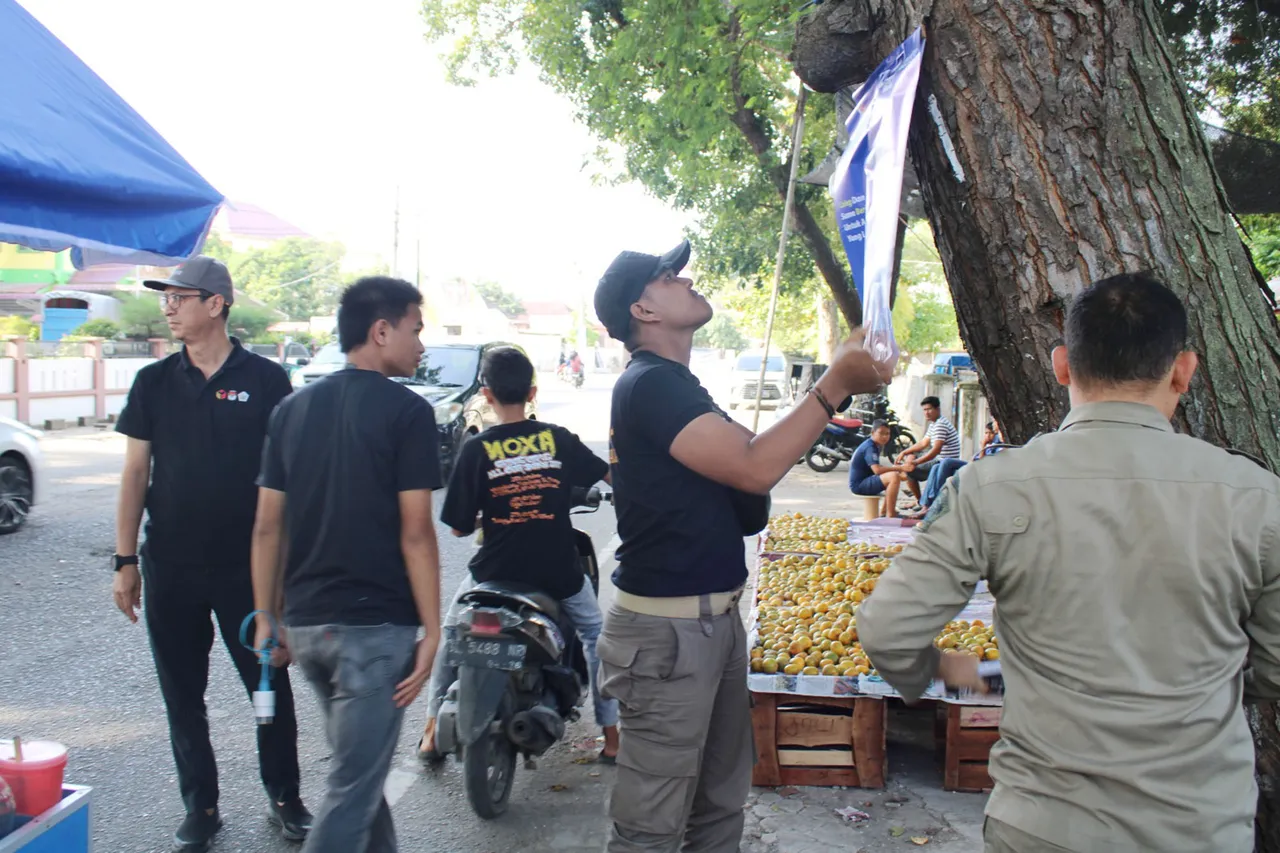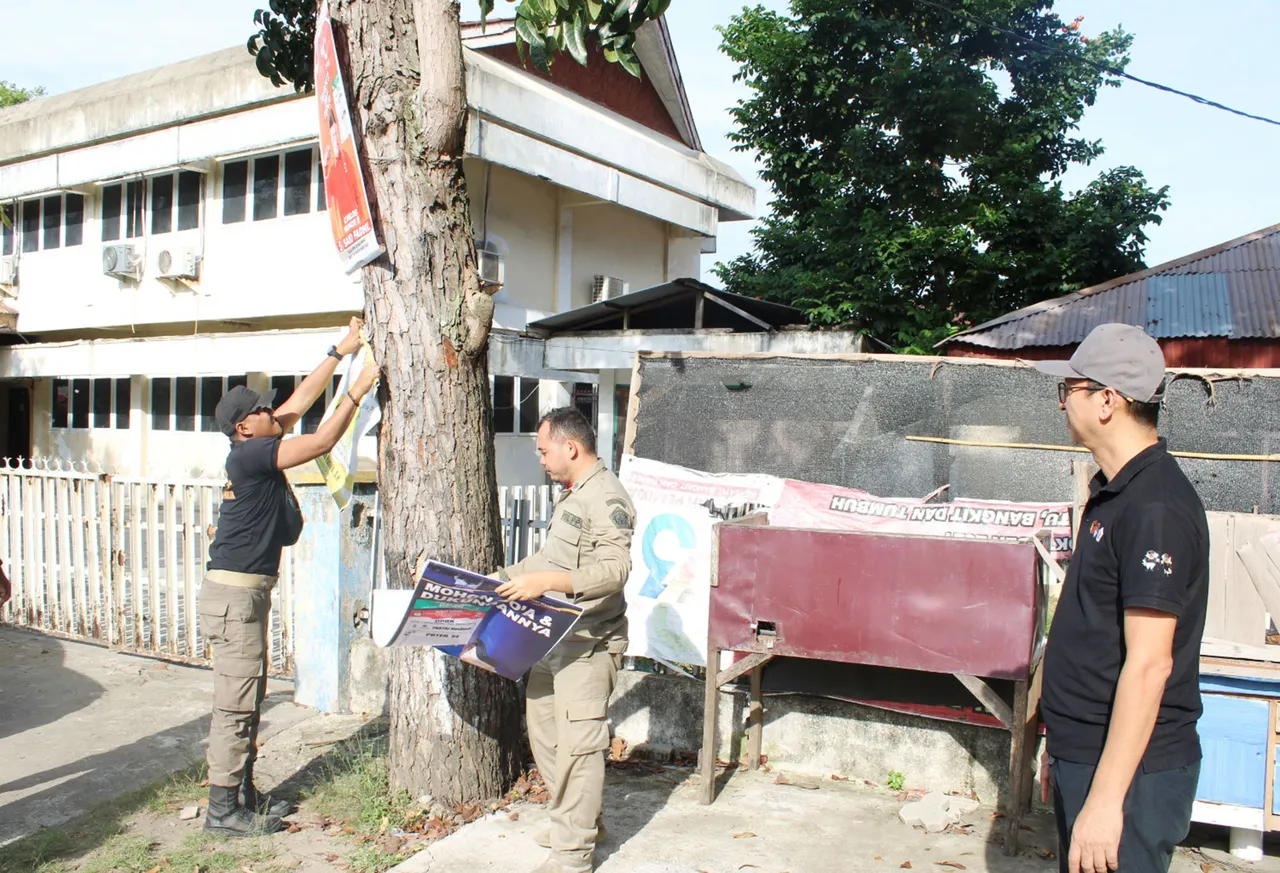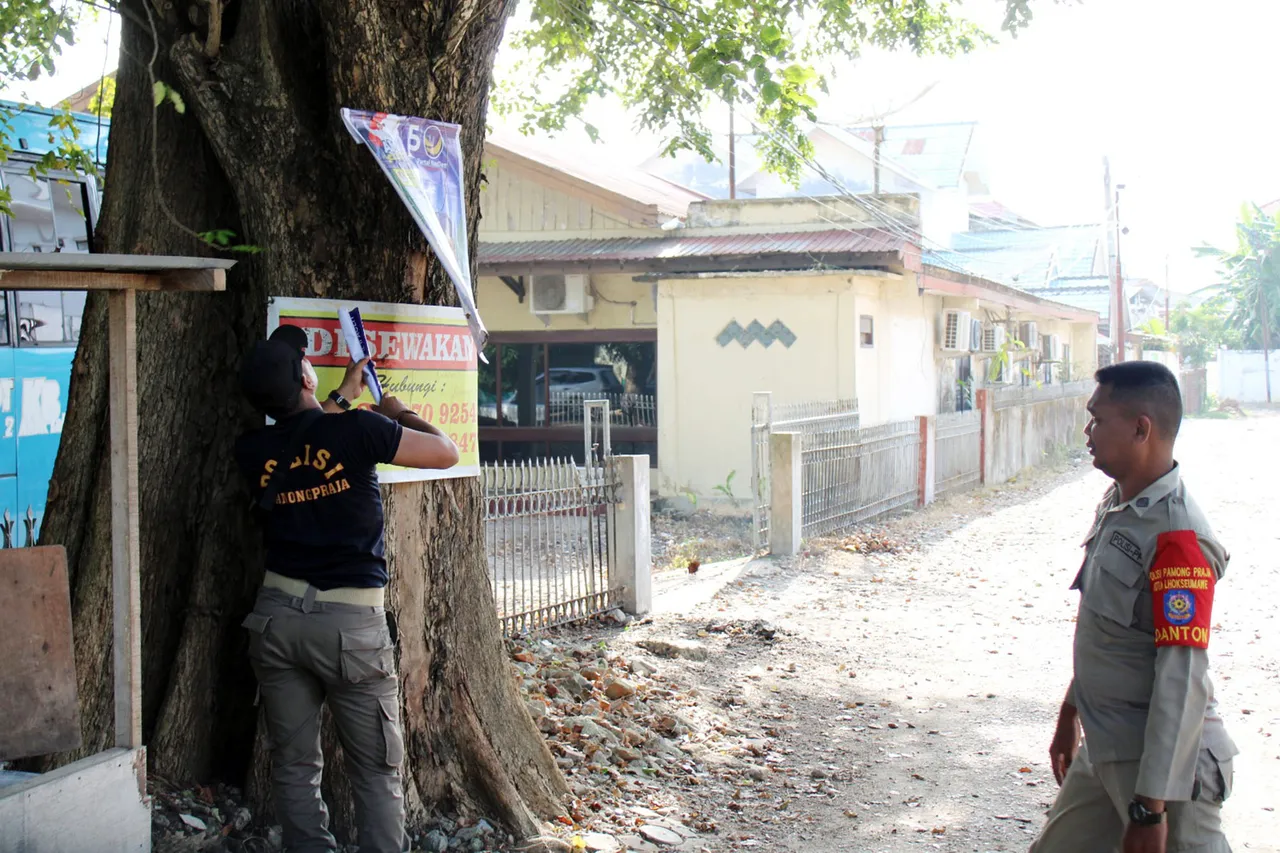
By @ayijufridar
Coordinator of the Legal, Prevention, Community Participation and Community Relations Division of the Bawaslu Kota Lhokseumawe, Aceh.
COMPARED to the 2019 Election, the duration of the campaign stages in the 2024 Election is shorter and more challenging for participants. With a duration of 74 days—the 2019 election lasted 6 months and 3 weeks—election participants are required to be more creative in optimizing their time and campaigning for ideas to voters amidst changing voter behavior.
Looking at the campaign stages that have been ongoing since November 28 2023, the campaign pattern appears to have changed. Public meeting campaigns involving mass mobilization have decreased, while campaigns via social media tend to increase.
One way of campaigning that is still being carried out intensively is through the distribution of props and attributes. Legislative candidates compete to introduce themselves through campaign materials posted in various places, some of which are in violation of places ranging from government offices, health facilities, educational institutions, places of worship, to trees.

Torturing the tree
Installing campaign materials on trees is the choice of many election participants because it is considered easier and cheaper, and is in a strategic position. To install campaign materials specifically, support legs are needed on both sides so this requires additional costs. The practical step is to hang it on a tree using nails and a hammer.
There are several types of treatment for trees related to the installation of campaign attributes. There are those who simply tie a rope to a tree, there are those who use it as a support, and there are those who hurt the tree with nails so that they die with deep wounds when they are removed and this is the worst kind of treatment. However, whatever the type of treatment, placing campaign materials in parks and trees is a prohibited act (Article 23 letter d of Bawaslu Regulation Number 11/2023 concerning Campaign Supervision).
Referring to the case in Lhokseumawe, for example, Panwaslih from the start wrote to political parties not to put up campaign materials on trees. This appeal has also been broadcast on all social media accounts and delivered several times at cross-party meetings and organizers.
By optimizing all channels, it is impossible for the legislative candidate concerned not to know the prohibition against placing campaign materials on trees. Even without this warning, the legislative candidates should have understood because the prohibition is not only contained in electoral regulations, but also in environmental regulations.
In Lhokseumawe, these preventive measures were accompanied by several attempts to control campaign materials on trees on protocol roads. However, not everything can be put in order because by the end of 2023, the number of campaign materials on trees reached 835 pieces. This is only on the main roads in the city and in the sub-district. If we count down to village roads, there could be even more, as reported by Panwascam and the wider community.
The high number of violations of installing campaign materials in trees and parks is thought to be due to the fact that socialization to the party, both written and verbal, did not reach the legislative candidates. The party liaison officer received many messages from the meeting with the organizers, but it was alleged that few reached the legislative candidates.
Another reason is that legislative candidates hand over the issue of campaign materials entirely to third parties who do not necessarily understand electoral and environmental regulations, or even if they do, they ignore them. The costs of creating campaign materials through to installation are completely handled by a third party. In practice, the installation of campaign materials is carried out at night so that no one is watching.
When the legislative candidates concerned were contacted directly about the campaign materials on the trees, they admitted they did not know because they were installed by a third party or campaign team. Legislative candidates should explain to third parties the location of prohibited campaign materials. So, it's not just blaming third parties who put up campaign materials anywhere.
Ironically, installing campaign props in prohibited zones such as on protocol roads involves permission from the regional government because installing billboards costs money which is paid to the regional treasury. The local government should have refused from the start even though on the other hand it provided income in the form of advertising taxes/levies.
This potential violation can be anticipated from the start when a third party wants to install billboards on the protocol road. The relevant agencies have understood from the start about the prohibited zone because protocol roads are determined based on the regulations of the regent/mayor concerned.
The discussion that has not yet ended regarding controlling campaign props in prohibited places is who is at the forefront. Law Number 7/2017 concerning Elections states that the KPU is the party responsible for controlling and Bawaslu determines the elements of violations, including the placement of campaign props.
In its implementation, several regions—including in Lhokseumawe—formed enforcement teams consisting of various elements in government, such as Satpol PP and related agencies, also involving Bawaslu and the Regional KPU or KIP in Aceh. But still, legislative candidates' awareness of not installing campaign props in prohibited places is the main element.
Budget problems are also often an obstacle to controlling campaign props, especially billboards that are large and tall and require heavy equipment to remove them. The anticipatory steps taken by several regions that budgeted from the start, including food and drink costs for enforcement officers, are worthy of emulation. However, a lack of budget is no excuse to ignore misplaced campaign materials, including those hanging from trees.
The push and pull of responsibility that occurs every campaign season regarding orderliness certainly does not need to be debated. The chairman of Bawaslu RI, Rahmad Bagja, has emphasized that the institution he leads will discipline itself if the KPU and Satpol PP ignore it, and this has been done in several regions.

Voter sanctions
Violations regarding posting campaign materials do not have a direct impact on the validity of the candidate or whether the candidate will be elected or not. The actions taken by the monitoring body together with the Satpol PP have so far not eliminated the behavior of torturing trees.
It seems that controlling campaign materials on trees has not had a deterrent effect, so the cases keep repeating themselves over and over again. There have even been campaign props that have claimed the lives of road users, apart from causing visual pollution which is very disturbing to the view.
In the end, voters will be given sanctions on February 14, when voting and counting of votes will take place. Voters can use their power in the voting booth to not vote for legislative candidates who are proven to have harmed trees. Voters' strong memories will carry over to the deciding day and direct the voting apparatus to stay away from names and parties that are not pro-environment.[]
